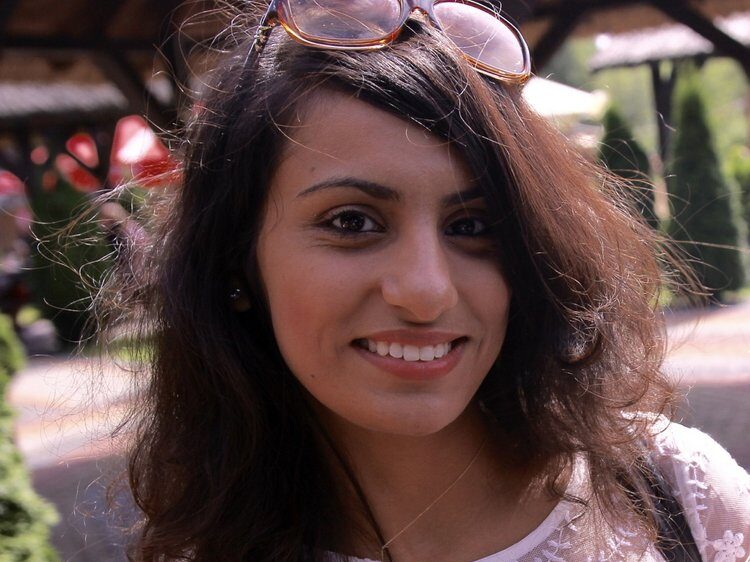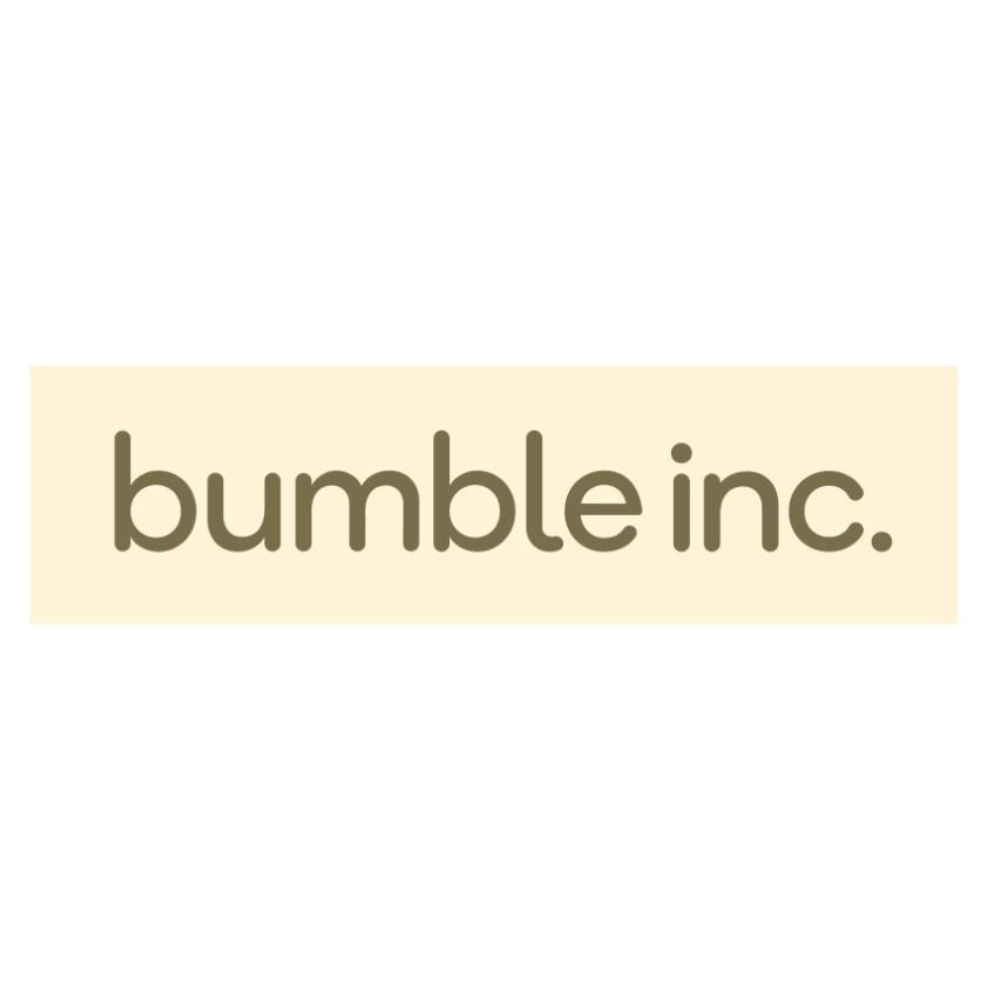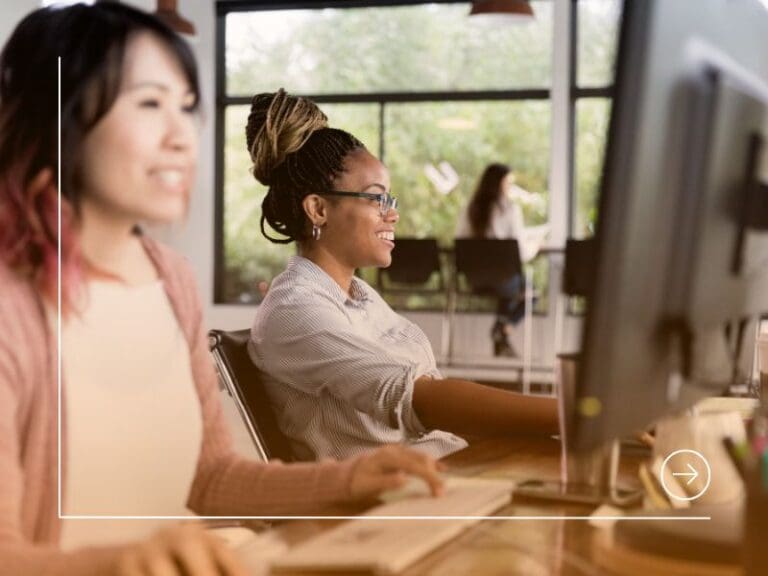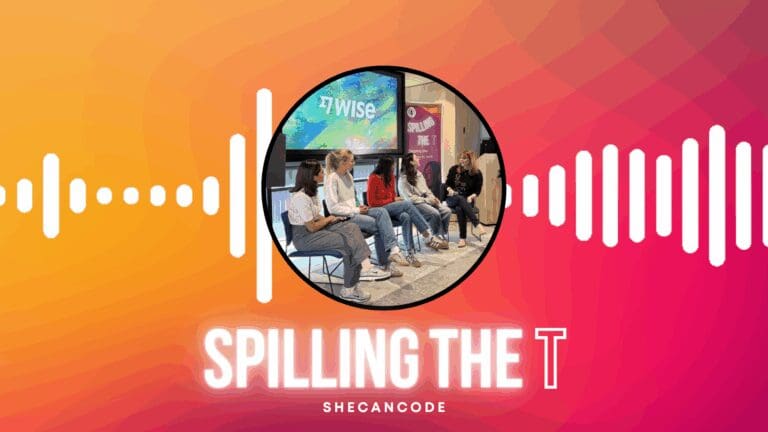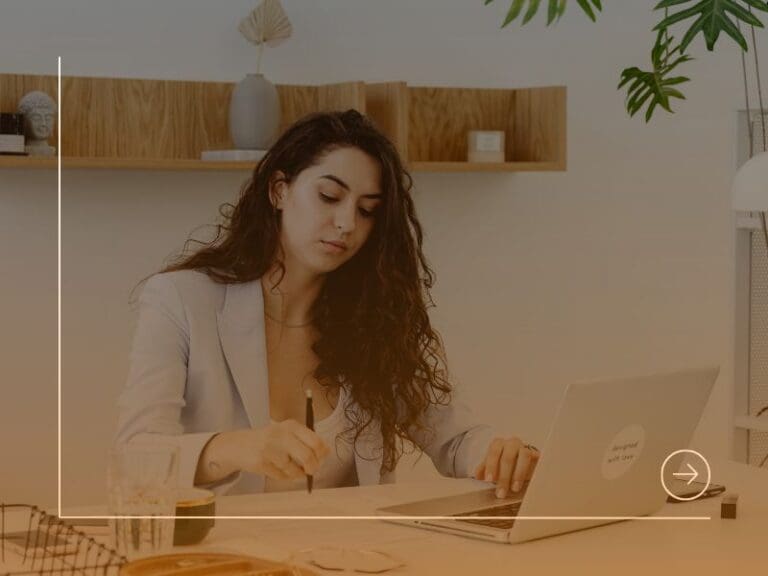Chitra has been with Bumble for three years now and works on developing experience tools as the Lead iOS engineer. As a woman in platform engineering, a field dominated by men, she’s no stranger to breaking barriers. She’s passionate about using technology to make a difference in people’s lives, upholding Bumble’s mission. We wanted to hear what Chitra’s experience has been like in this industry and her throughout her journey.
HOW DID YOU LAND YOUR ROLE AT BUMBLE? WAS IT PLANNED?
The transition was not planned but I am happy that it ended up being my home. The company I was working for did some layoffs during the pandemic and I was one of them. I was interviewing for a few places but I got the best feeling in Bumble, I think because of the remote-first culture and focus on empowering women. After reading some of their tech blogs, I realised that there was also a really high standard of Engineering, so it aligned with what I was looking for.
WHICH QUALIFICATIONS HAVE YOU FOUND TO BE THE MOST BENEFICIAL FOR SECURING JOBS IN ENGINEERING? ARE THERE ANY SPECIFIC SKILLS OR TRAITS THAT YOU NOTICE COMPANIES LOOK FOR WHEN YOU’RE SEARCHING FOR ROLES IN YOUR FIELD?
Programming is undoubtedly important, but excellent communication skills are equally crucial. In our current interview process, we assess this in detail by asking the candidate to really explain their decision-making in a feature development task, and ask them to explain technical concepts in a non-technical way sometimes. It’s essential to be able to navigate these types of scenarios and communicate effectively with all team members.
WHAT ARE YOU MOST PROUD OF IN YOUR CAREER HERE AT BUMBLE, SO FAR?
The most recent thing that I’ve been involved in and that I’m proud of has been refreshing our interview process to reduce bias. We introduced blind assessments to make feedback as objective as possible. We’ve seen improvements in the diversity of our hires. I’m very proud of this because a lot of work and energy went into it, across many teams. We strive to be an inclusive employer and we want to stay true to that.
WHAT ADVICE WOULD YOU GIVE OTHER WOMEN WANTING TO REACH THEIR CAREER GOALS IN TECHNOLOGY & WERE THERE ANY CHALLENGES YOU FACED TO GET WHERE YOU ARE?
I think many people don’t realise what subconscious biases they have and how they affect their decisions, as well-intentioned as they may be. For instance, you may be assigned easier projects if you’re a new mum because it’s assumed that you may be tired. As thoughtful (and perhaps necessary!) as that might be, it should be your decision. Women should have confidence in their abilities, find a supportive environment, and feel empowered to ask for fair treatment, including challenging projects and appropriate pay.
DO YOU THINK IT’S BEEN EASIER TO NAVIGATE YOUR CAREER AS A WOMAN NOW THAT YOU HAVE MORE EXPERIENCES COMPARED TO WHEN YOU FIRST STARTED?
Yes, definitely! I was surprised when I moved to the UK from India and from my personal experience, I have found that the problem seems to be a bit more prevalent here, But, knowing that I’m not alone in my experience of microaggressions, which are sometimes so difficult to put your finger on, really helped me, and empowered me to talk about it myself.
AND THAT LEADS PERFECTLY TO THE LAST QUESTION, WHICH IS: HOW HAVE YOU SEEN DIVERSITY IMPACT PRODUCT DESIGN & DEVELOPMENT TEAMS AND HOW THEY WORK TOGETHER?
I come from India where the dating experience is very different from the UK. People tend to look for a perfect marriage match, not necessarily different people to date. Therefore, understanding cultural nuances is crucial when building a dating app. Diversity and cultural knowledge can improve a product, making it more effective for the people it’s intended to help.


